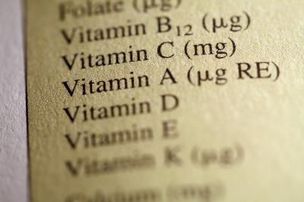|
GMP WHO CertificationGMP (Good Manufacturing Practices) is a standard defined by WHO (World Health Organization). GMP WHO certification ensures that products are consistently produced and controlled to the quality standards appropriate to their intended use and as required by the marketing authorization.
W.H.O. defines Good Manufacturing Practices (GMP) as "that part of quality assurance which ensures that products are consistently produced and controlled to the quality standards appropriate to their intended use and as required by the marketing authorization". GMP covers all aspects of the manufacturing process: defined manufacturing process; validated critical manufacturing steps; suitable premises, storage, transport; qualified and trained production and quality control personnel; adequate laboratory facilities; approved written procedures and instructions; records to show all steps of defined procedures taken; full traceability of a product through batch processing records and distribution records; and systems for recall and investigation of complaints. The guiding principle of GMP is that quality is built into a product, and not just tested into a finished product. Therefore, the assurance is that the product not only meets the final specifications, but that it has been made by the same procedures under the same conditions each and every time it is made. There are many ways this is controlled - controlling the quality of the facility and its systems, controlling the quality of the starting materials, controlling the quality of production at all stages, controlling the quality of the testing of the product, controlling the identity of materials by adequate labeling and segregation, controlling the quality of materials and product by adequate storage, etc. All of these controls must follow prescribed, formal, approved procedures, written as protocols, SOPs, or Master Formulae, describing all the tasks carried out in an entire manufacturing and control process. GMP covers all aspects of the manufacturing process including: · Defined manufacturing process · Validated critical manufacturing steps · Suitable premises, storage, transport, qualified and trained production and quality control personnel · Adequate laboratory facilities · Approved written procedures and instructions · Records to show all steps of defined procedures have been taken · Full traceability of a product through batch records and distribution records . Systems for recall and investigation of complaints |


